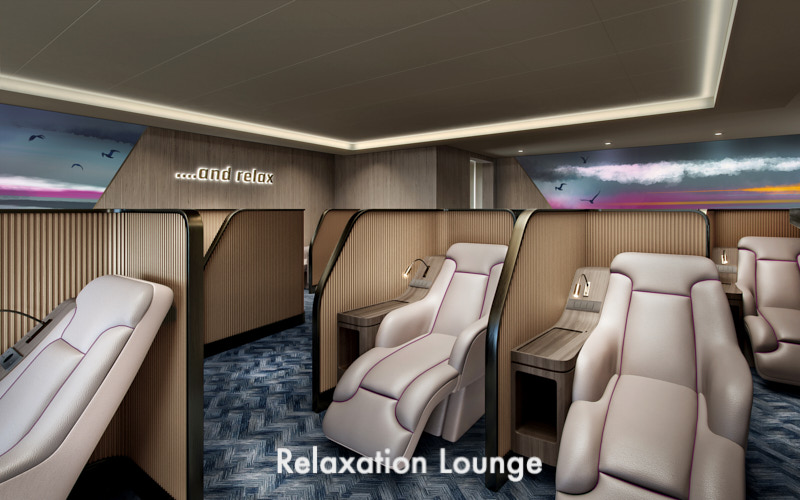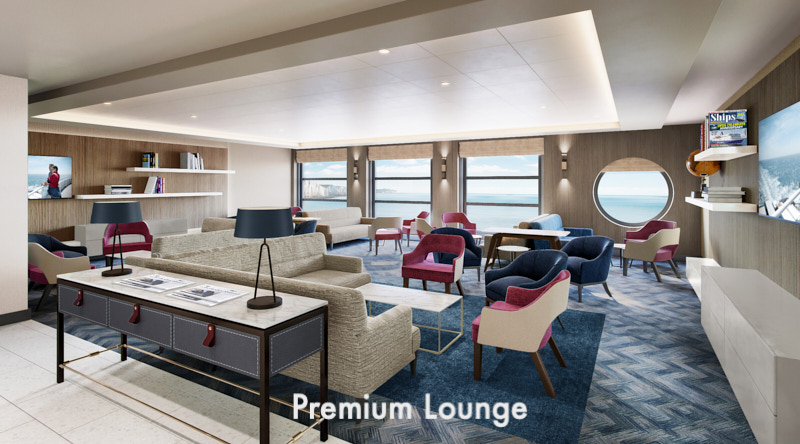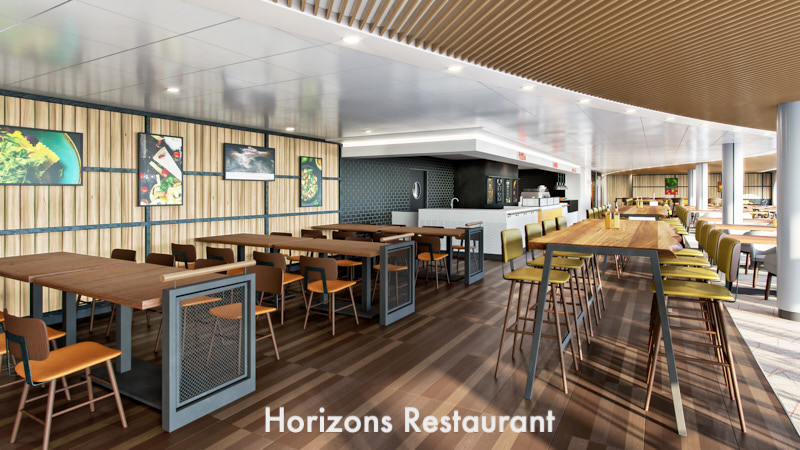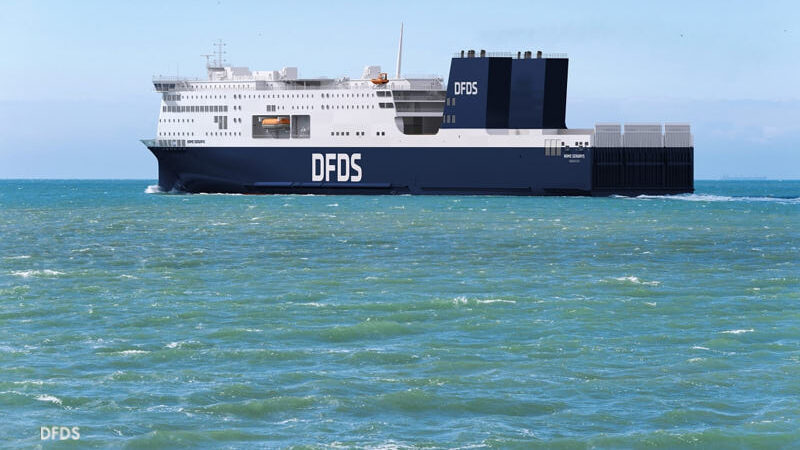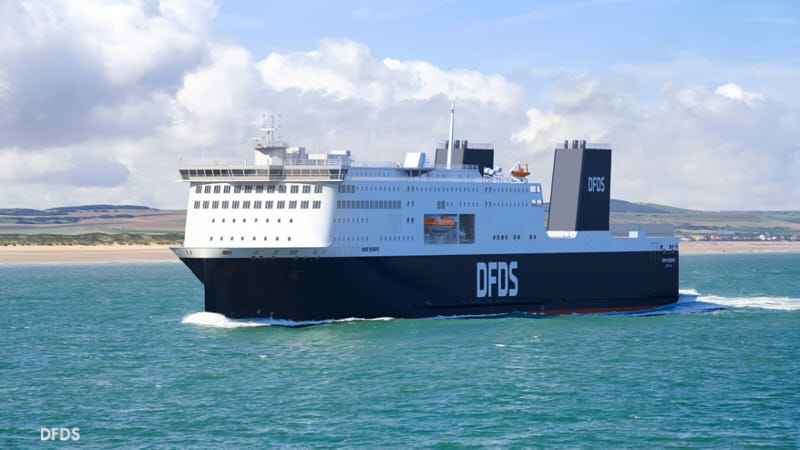DFDS’ Outlook for 2020 Has Been Suspended
DFDS’ outlook for 2020 has been suspended following further restrictions on intra-European travel and general lock-down measures across Europe.
Passenger ferry services generated around 16% of DFDS’ total revenue of DKK 17bn in 2019.
The majority, 84%, of DFDS’ total revenue is thus generated by freight activities, including freight ferry services and logistics solutions.
As anticipated in the outlook for 2020, freight volumes linked to UK were for the first two months of 2020 lower than last year as volumes in Q1 2019 were boosted by UK stockpiling.
Freight ferry volumes between Europe and Turkey were above 2019 for the first two months of 2020, likewise in line with expectations.
The result for the first two months of 2020 was overall in line with expectations.
Until now freight activity has been in line with expectations but has started to decrease as manufacturing plants suspend operations and demand in general is impacted by the lock-downs. Contingency planning to mitigate effects of changes in demand and operations for both ferry and logistics activities is ongoing across DFDS’ network.
The further restrictions on intra-European travel and general lock-down measures have significantly reduced financial visibility and the outlook for 2020 is therefore suspended.



